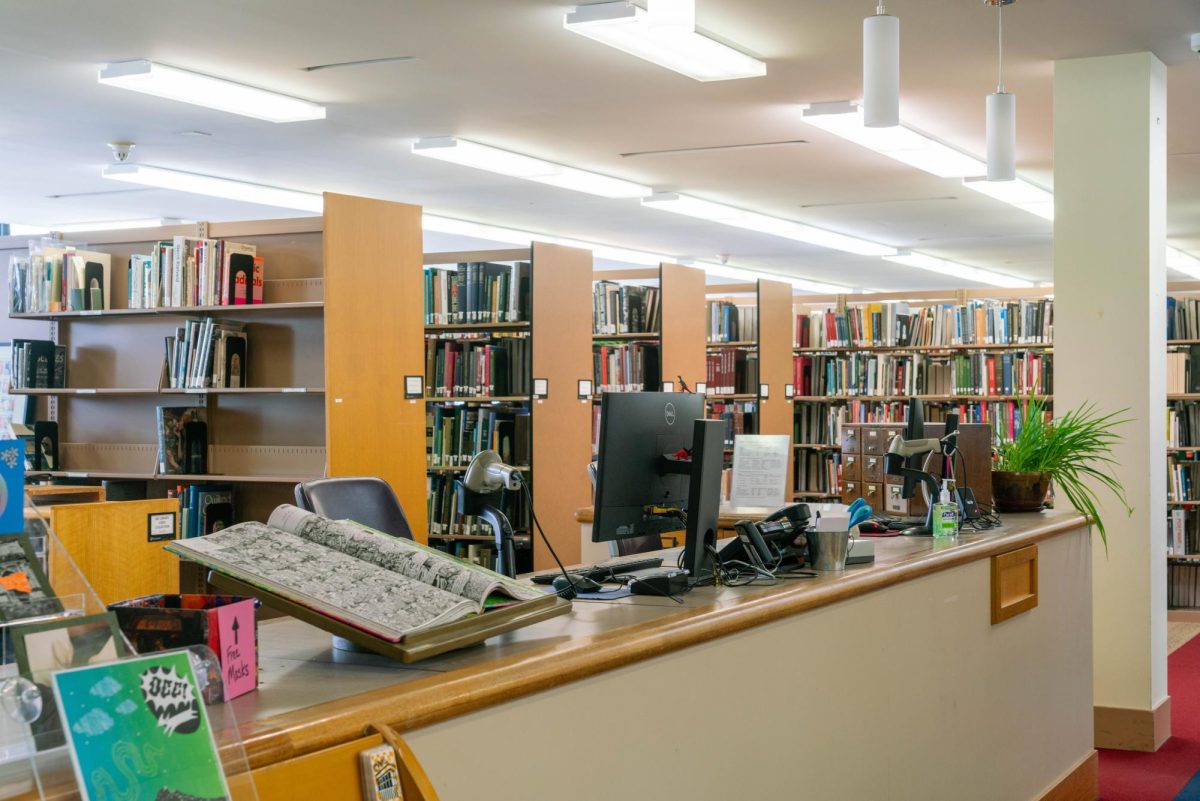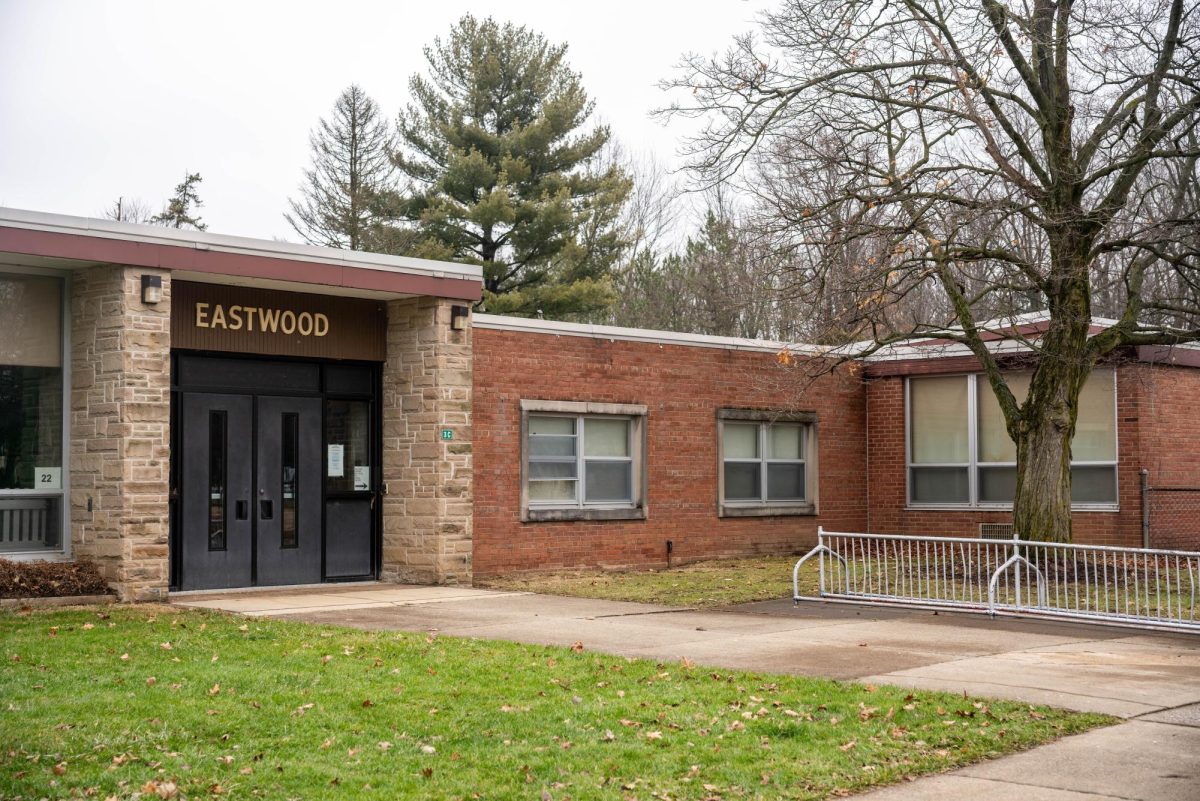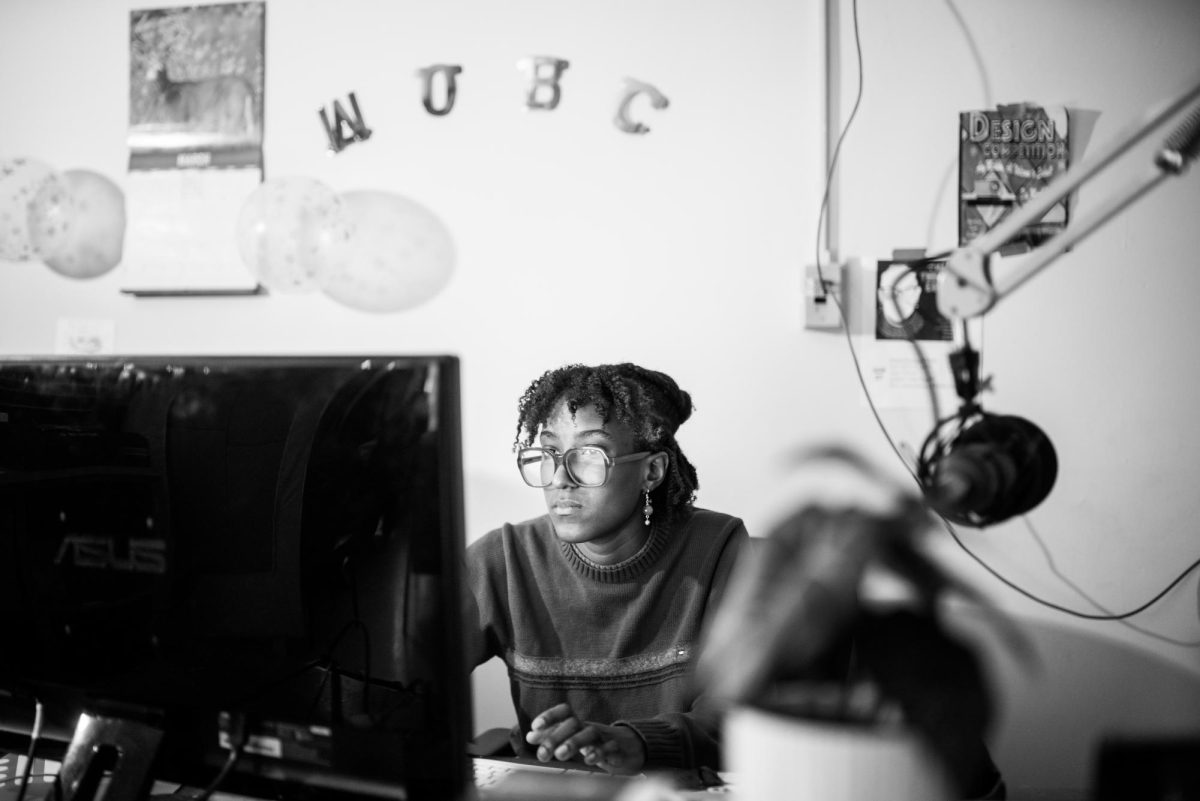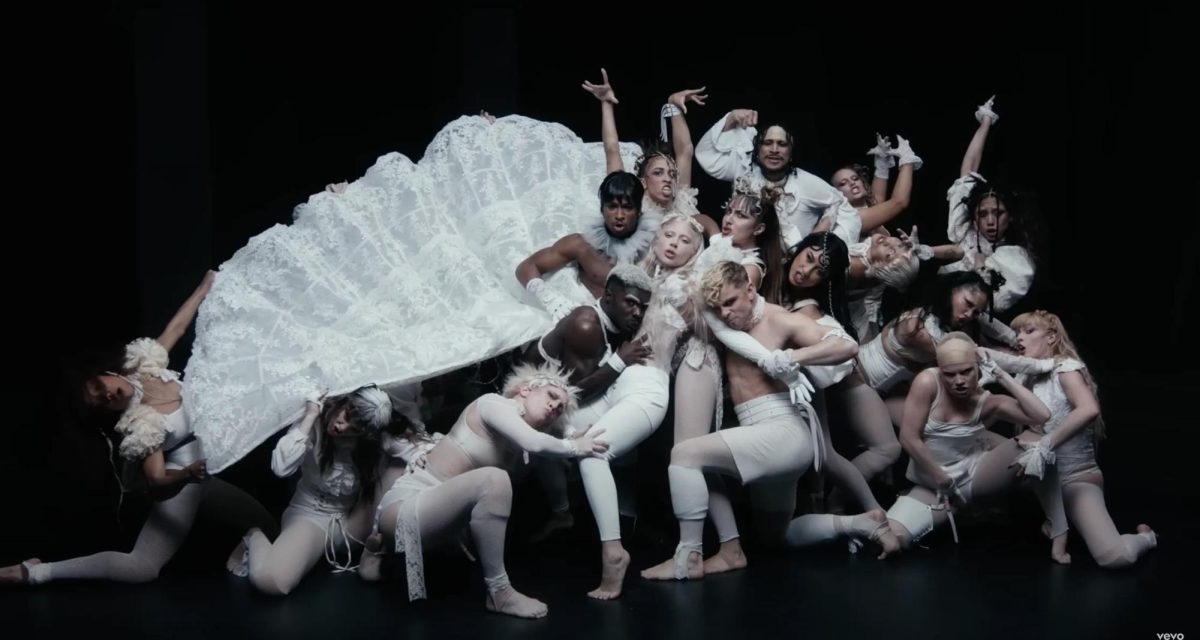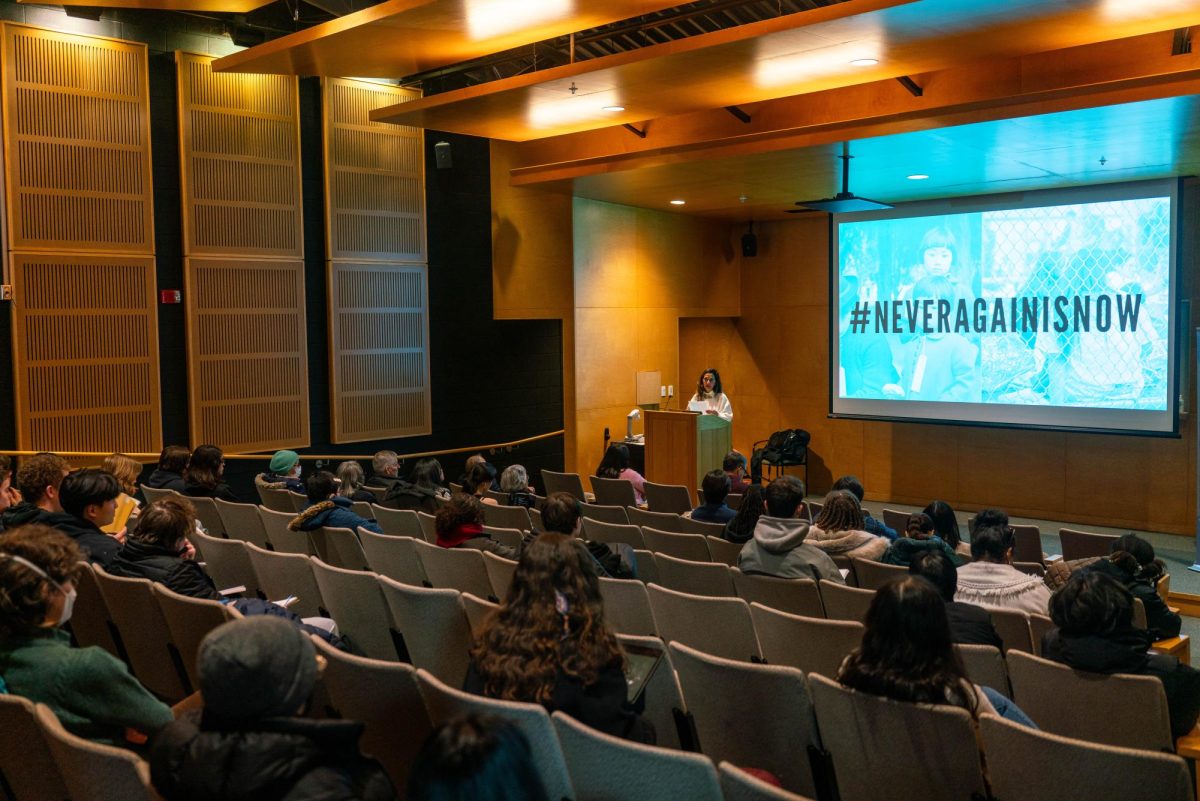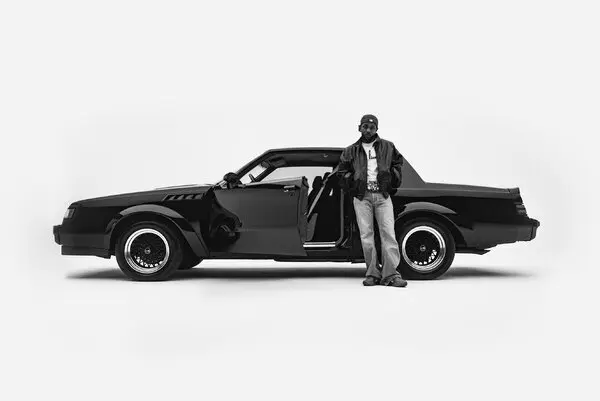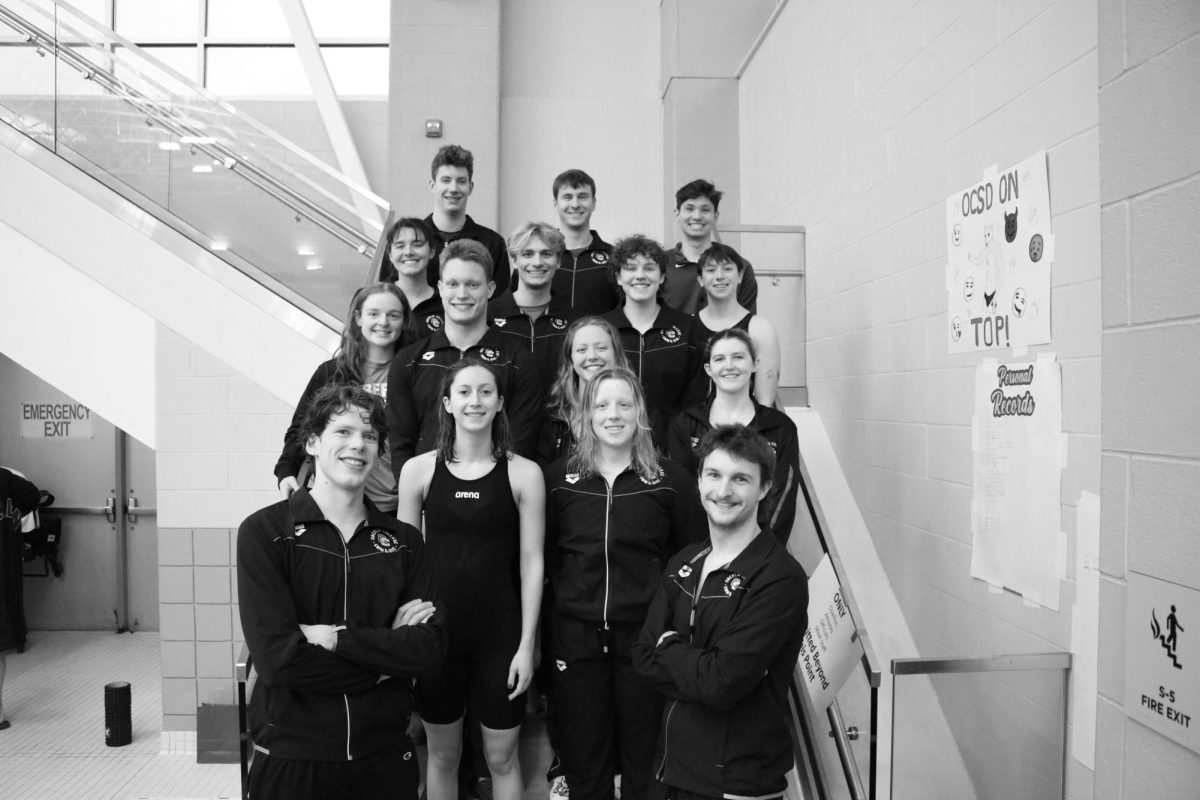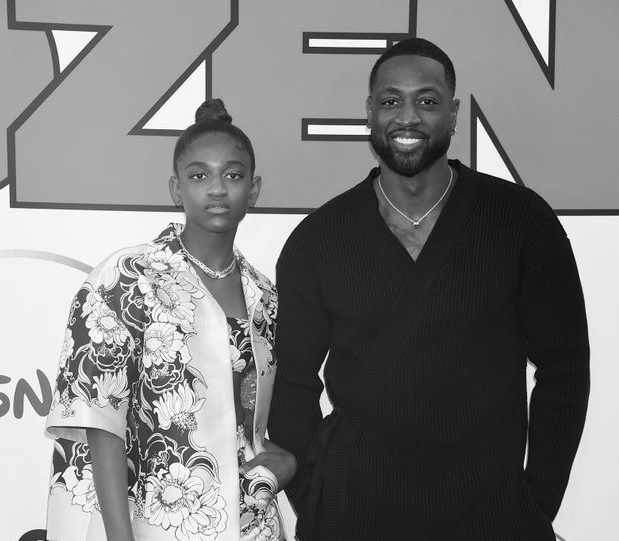Oberlin Founds Ishmael Beah Foundation Chapter
October 7, 2011
Former child soldier and A Long Way Gone author Ishmael Beah, OC ’04, came to campus last Thursday, Sept. 22 for the first event of the Ishmael Beah Foundation’s Oberlin college chapter kickoff weekend. College sophomore Elizabeth Kuhr started the chapter, which works to provide long-term care for child soldiers and children affected by conflict and violence in Sierra Leone.
Since completing A Long Way Gone, the memoir about his time as a child soldier in Sierra Leone, Beah’s commitment to this cause has grown in scope and scale. Through his involvement with the UN, UNICEF, and Human Rights Watch, Beah travels to war-torn and poverty-stricken areas in countries such as Colombia, Uganda and the Congo, alerting political figures and military leaders to the horrors faced by child soldiers. Because of the risk that they underwent when visiting these dangerous regions, Beah compares him and his team to cannon fodder.
Beah said that the work of his foundation is not just about helping children through the trials of war, but also providing for the long-term futures of their countries. He emphasized the need for individual attention through his description of the eight months he spent in a rehabilitation center upon arriving in the United States.
“When we take on somebody, my idea of helping somebody through education or empowering them is not just for a year,” Beah said. “What you do to the youth population will determine whether a country goes back to violence.” The Oberlin chapter will work to raise money and awareness for Beah’s cause. The chapter has plans to host a band from Sierra Leone and to sponsor a talk with several survivors of the conflict in the country. It is considering a cross-campus dormitory fundraising competition.
Kuhr said that she founded the chapter on campus because of the strong impression she formed of Beah when she heard him lecture during her visit as a prospective student.
“I wanted to see this happen on campus because I believe in the work he does in Sierra Leone,” Kuhr said. “He emphasizes the importance of the fact that each recovery story is different. Because of that, IBF forms a real relationship with the children they help to ensure their aid is useful.”
In his speech, Beah also emphasized the importance of individual help. He praised the Clinton Global Initiative in certain respects but criticized its need for “measurable and skillable” programs with a short deadline. He compared it to educating a child, saying, “If you invested in educating your own child you don’t just say, ‘Oh, I just want them to get primary school education.’ You can’t do anything with a primary school [education]. You can barely do something with a college education these days.”
The program is designed so that children in Sierra Leone send in an application to the foundation, which then reviews the submissions and provides tuition fees, vocational training and emotional support for the elected candidates. One hundred children are currently enrolled in the program. Though Beah appreciates the individualized attention that this small number allows, he is contemplating expanding the program to other areas of conflict he has visited.
Beah claims that as a student at Oberlin he never anticipated the breadth of his impact on the global community, but he always had the desire to promote enduring change.
“I had a desire to do something because I felt like I’ve been so lucky, to not only survive the war, but to have this education,” he said. “I wanted to do something with it.”
He encouraged students to do the same, arguing that the number of people who commit cruelties in the world is so much smaller than the number of people who just sit by and do nothing. Together, he said, “we can shift the world the way we want to.”





